Best RM areas for gardening?
gcmastiffs
14 years ago
Related Stories
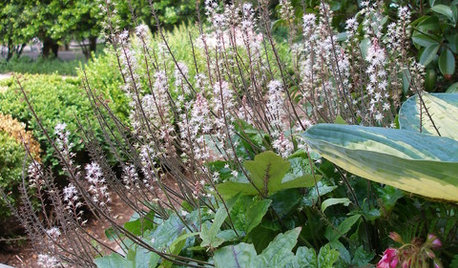
GARDENING GUIDESGreat Design Plant: Foamflower Cushions Shady Garden Areas
Try evergreen ground cover Tiarella cordifolia for a soft look all year — one the rabbits and deer won’t mess with
Full Story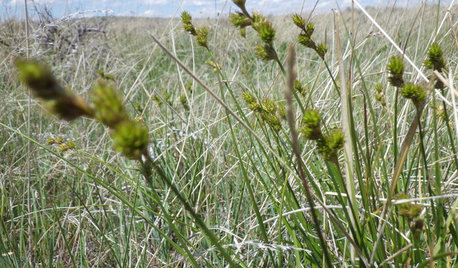
GARDENING GUIDESGreat Design Plant: Carex Brevior
This mounding sedge native to many U.S. states is tough as nails and can replace the traditional lawn in low-traffic areas
Full Story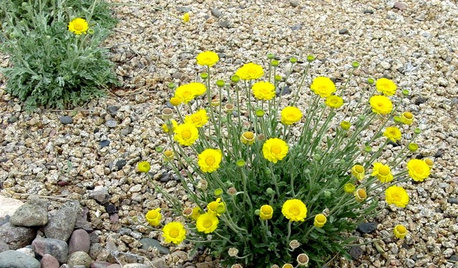
GARDENING GUIDESGreat Design Plant: Desert Marigold Cheers Up Hot, Dry Areas
Sunny but tough, this perennial thrives with little water and lots of sun
Full Story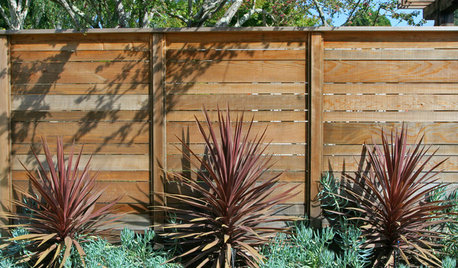
GARDENING GUIDESGreat Design Plant: Cabbage Tree
Happiest in plentiful sun, this tropical-looking tree gives a pool area or backyard landscape an exotic view all summer long
Full Story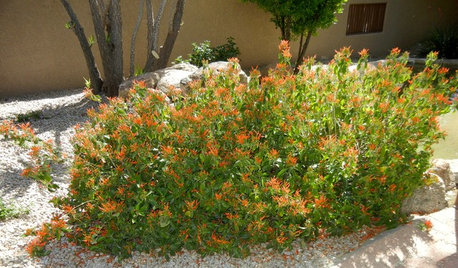
GARDENING GUIDESGreat Design Plant: Justicia Spicigera Brings In the Hummingbirds
Brighten shady areas with the colorful flowers of Mexican honeysuckle, also called mohintli, which appear all year long
Full Story
TASTEMAKERSA Sunken Urban Garden With a Contemporary Seating Area
At the RHS 2016 Chelsea Flower Show in London, a silver gilt-winning garden offers an oasis of calm and tranquillity
Full Story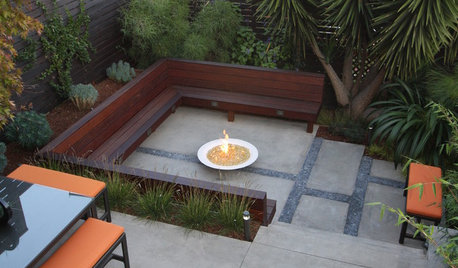
GARDENING AND LANDSCAPINGSunken and Raised Areas Take Gardens Up a Notch
Altering a landscape's grade can create energy and excitement, offering different vantage points and moods depending on the level
Full Story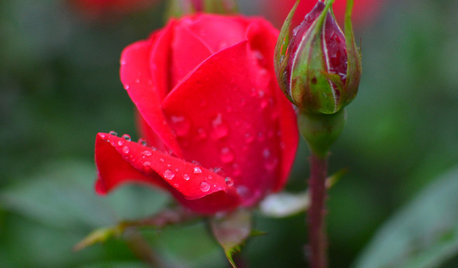
GARDENING GUIDESGreat Design Plant: Knock Out Roses
As glorious as their high-maintenance kin for a fraction of the work, Knock Out roses make even beginners look like garden stars
Full Story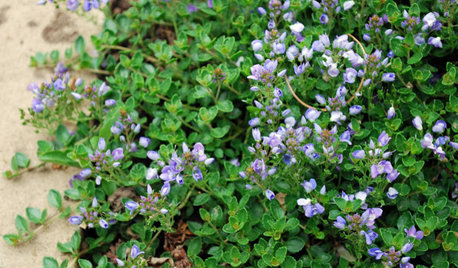
GARDENING GUIDESGreat Design Plant: Veronica
Consider adaptable Veronica, or speedwell, for its colorful blooms, butterfly-drawing power and low maintenance requirements
Full Story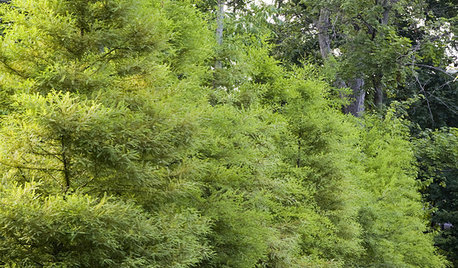
GARDENING AND LANDSCAPINGGreat Design Plant: Bald Cypress
Enjoy this beautiful tree's feathery foilage, fall color and tolerance of wet and dry soils
Full StoryMore Discussions






greenbean08_gw
jnfr
Related Professionals
Alexandria Landscape Contractors · Gainesville Landscape Contractors · Jackson Landscape Contractors · Mooresville Landscape Contractors · Bridgeport Landscape Contractors · Brookline Landscape Contractors · Clearlake Landscape Contractors · Darien Landscape Contractors · Desert Hot Springs Landscape Contractors · El Mirage Landscape Contractors · Ellicott City Landscape Contractors · Midland Landscape Contractors · Seymour Landscape Contractors · Uxbridge Landscape Contractors · Carson Solar Energy SystemsgcmastiffsOriginal Author
jnfr
jclepine
bpgreen
greenbean08_gw
Skybird - z5, Denver, Colorado
digit
gcmastiffsOriginal Author
digit
Dan _Staley (5b Sunset 2B AHS 7)
jclepine
david52 Zone 6
Dan _Staley (5b Sunset 2B AHS 7)
windwhipped
jnfr
greenbean08_gw
bpgreen
Skybird - z5, Denver, Colorado